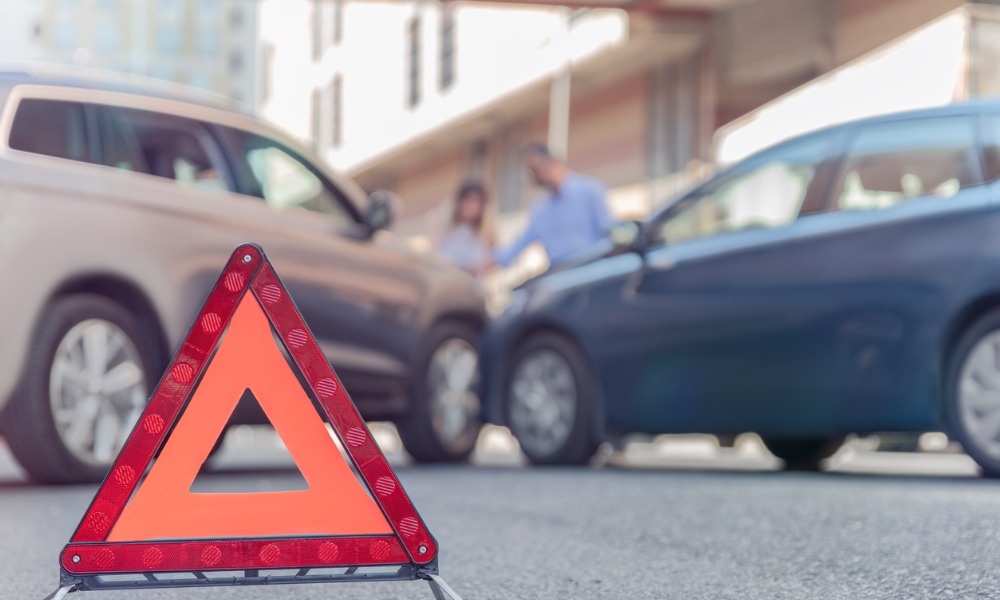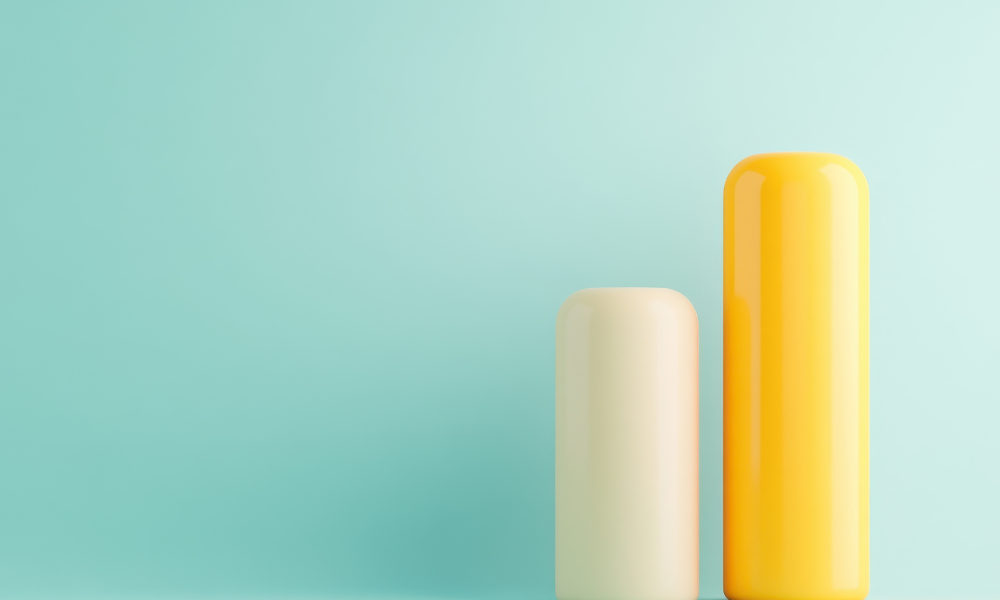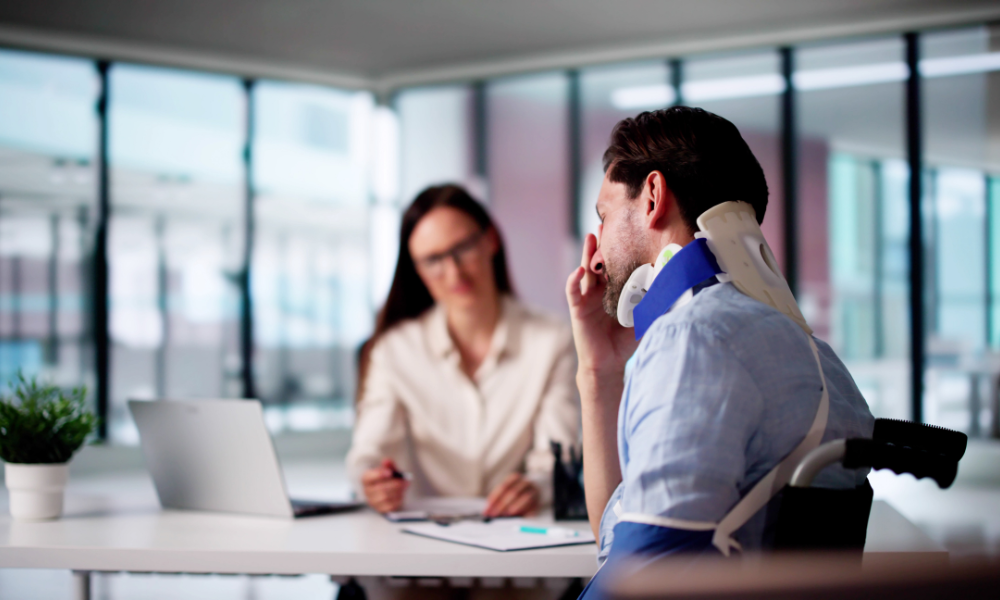A car accident is one of the things that you would not want to happen to you, your family, or friends. However, if it does happen, knowing what to do after a car accident would be of great help.
What to do after a car accident?
Here are the steps on what to do after a car accident. In any case, consult with a personal injury lawyer for any added information on these steps.
1. Get yourself to safety
The first thing to do after a car accident is to get yourself to safety. Stop your car and be aware of your surroundings.
If it’s dangerous where you and your vehicle are, you may have to pull over to the side of the road (i.e., to get out of oncoming traffic). Otherwise, it’s best to leave everything as is for the purpose of documenting the accident.
This would also include checking for any injuries to your body and your passengers.
2. Call the police or 911
There are three instances that will tell you who to call and what to do after a car accident:
Call 911 for emergencies
Call 911 for any of the following situations:
- if there are slight or serious injuries, or fatalities, involving you or your passenger; people in the other vehicle; others such as pedestrians or cyclists
- if there are fatalities because of the accident
- if there are suspected illegal activities which caused the accident
Call the police
If any of the scenarios below are present, the police need to be at the scene of the accident. Inform the 911 operator to request the presence of the police:
- if there are fatalities and injuries to anyone at the scene of the accident;
- if the damage to any of the vehicles involved exceeds your regional damage threshold;
- if the accident resulted in damage to a private, municipal, or highway property;
- if you suspect that someone in the other vehicle involved in the accident is drunk or are driving under the influence; or
- if you suspect that there’s any other illegal activity involved in the accident
Under Ontario’s Highway Traffic Act, the regional damage threshold is C$2,000. In Alberta, it is also C$2,000 while in British Columbia, it’s C$1,000.
In any case, police presence is needed within 24 hours in any of the scenarios above.
Call the collision reporting center for minor accidents
In Toronto, call your local collision reporting center if the damage to any of the vehicles involved exceeds C$2,000 BUT there are no injuries, no suspected illegal activity, or no emergencies that need to be reported.
- East Collision Reporting Centre: 416-808-4960
- North Collision Reporting Centre: 416-808-3960
3. Document the accident
This may be done through photos, videos, or audio recordings but only if it’s already safe to do so. If available, you must also secure your dashcam recording.
These pieces of evidence will help you in filing a claim from your insurer or insurance company, or when filing a case for personal injury against any of the parties who caused the accident.
Record important details
You must also record some important information of the collision, such as:
- date and time
- injuries sustained
- weather conditions
- road conditions
- your estimated speed
These details may be included as you take photos or videos of the accident area. Otherwise, manually record these important details.
Exchange information
Only if it’s safe to do so, talk with the other party involved in the accident. You may want to exchange some relevant information with them, such as:
- names
- addresses
- phone numbers
- driver’s license numbers
- insurance providers
- vehicle particulars (e.g., plate number, car model)
Although these details may be included in the police report, it’s also good practice to have this kind of information yourself.
Do you know what to do after being in a car accident? Check for injuries and make sure the affected vehicles are out of the way of traffic. Then, document the damage with your smartphone and exchange information with the other driver(s). pic.twitter.com/L1UgEeOieP
— ArtisticAutoBody&Paint (@artisticco2009) August 18, 2023
After everything’s settled at the accident scene, consult with a personal injury lawyer in your area to check for any legal liabilities. If you’re from Toronto, for example, call a Lexpert-ranked personal injury lawyer in Ontario.
Look for witnesses
Whenever possible, look for any witnesses after a car accident. That may work in your favor for any future legal action. Get at least their name, address, and contact information. This helps in case your personal injury lawyer needs some witnesses to support your insurance claim or your court action.
4. Get medical help
After the collision scene is cleared, go to the nearest doctor or hospital and have yourself or your passengers checked.
Aside from insurance or documentation purposes, this is also to ensure that you’re in good health and that no complications can arise out of the accident.
5. Call a lawyer
Call your lawyer right after a car accident. Your lawyer can help you sort things out with your insurer or file a civil action for damages.
File your insurance claim
Your lawyer can help you file your personal injury claim with your insurance company after a car accident. Looking at the overall situation, they can determine what information needs to be disclosed to your insurer. They can also check if you’ve documented the accident enough to strengthen your insurance claim.
If you’re denied by your insurer or have been approved but you think that you deserve a larger amount of damages, your personal injury lawyer can also help you. They can interpret your insurance policy to see what your next steps are.
Cooperating with your insurer is the best way to solve things. But before doing so, or if anything goes sideways, a lawyer is the best person to call.
File a personal injury case
If you’re thinking of filing a case in court against someone liable, or even against your insurer, a personal injury lawyer can definitely assist you.
Your lawyer can help you identify if the other party is liable for you or your passengers’ injuries.
If they are liable, then your lawyer can help you prepare your case in court.
Know more about personal injury cases in Canada.
Got more questions on what to do after a car accident? Contact one of the best personal injury lawyers in Canada as ranked by Lexpert.





